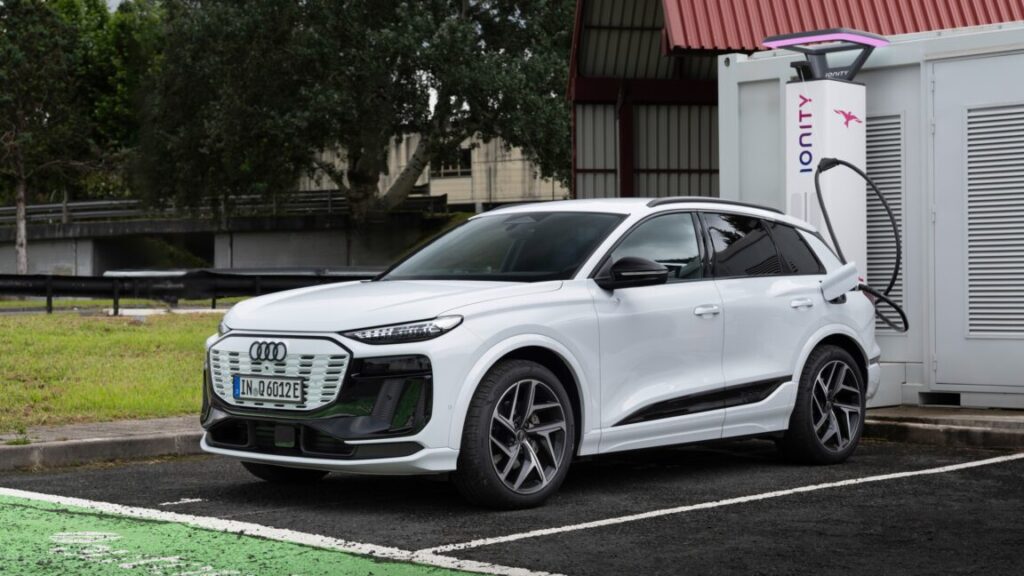“I’m not gonna lie, I was nervous about it,” said Malmgren, who works as the senior policy director for Plug In America, another EV advocacy organization. “But it was a complete non-issue. We charged once along the way.”
Malmgren said her experience is a common one for first-time EV buyers. A recent Plug In America survey of more than 3,000 EV owners found that 70 percent of the respondents worried about battery range before buying an electric car. The survey, however, also found that only 35 percent remained concerned after owning an EV.
“What we’ve found with our Plug In America survey is that a lot of people have concerns about cold weather operation of electric vehicles,” she said. “But once they get in an electric vehicle, once they start driving an electric vehicle consistently, they find that these concerns go away.”
The vast majority of the EV owners who remain concerned about range own EVs built before 2020 and live in rural areas, Malmgren added, where charging infrastructure is scarcer and drivers typically travel longer distances.
The survey also ranked owner satisfaction for different EV models, including for the car’s battery range. Out of the 14 different EV models included, Rivan’s R1T truck received the highest satisfaction rating for range performance from the survey respondents. Tesla’s Model Y sedan received the second-highest rating.
Charging speed may be another factor prospective EV buyers want to consider. Garberson said newer models can typically charge faster than older models. His 2021 Hyundai Kona can charge in 30 to 40 minutes, he said, while his wife, who drives a 2023 Hyundai Ioniq 5, can charge her car in 12 to 14 minutes. Some used EVs that were built a decade or more ago, while cheaper, may take even longer to charge or require multiple charges a day, he added.
The most important thing to consider is your driving habits, Garberson said, adding that most drivers won’t even notice when their EV loses range during cold weather.
“The average daily driving distance, it’s like 30.2 miles,” he said. “So it doesn’t matter what EV you have. Any difference in range and cold conditions—or hot conditions, for that matter—isn’t going to be something that materially impacts your daily driving.”
This story originally appeared on Inside Climate News.


